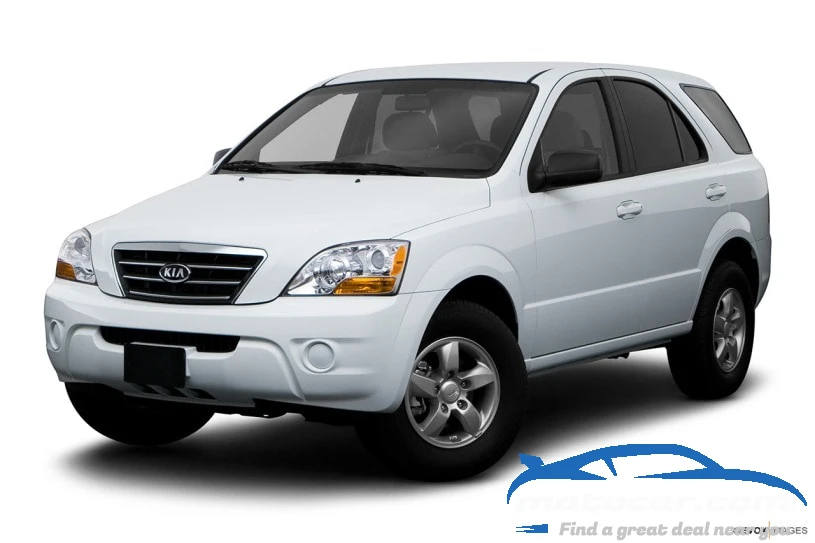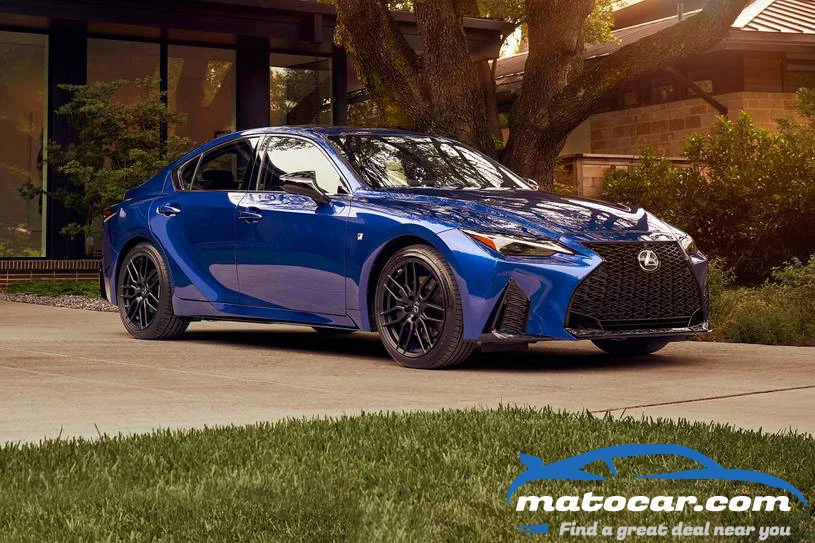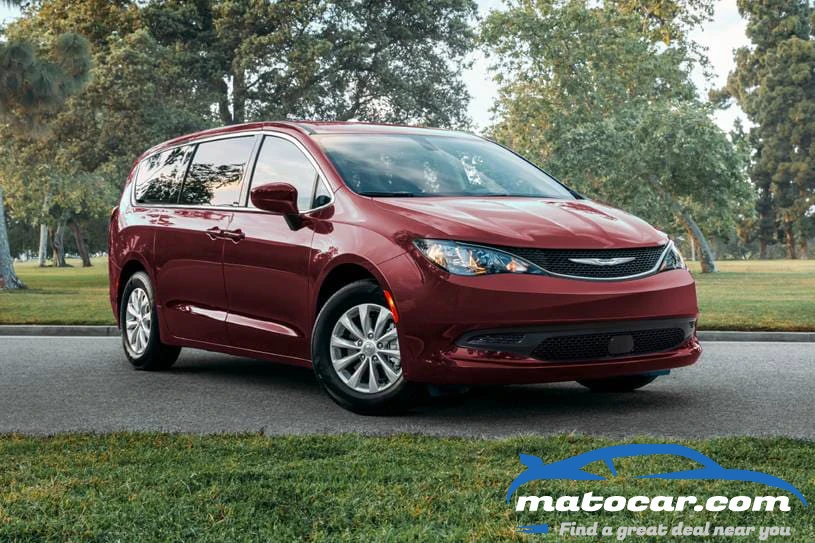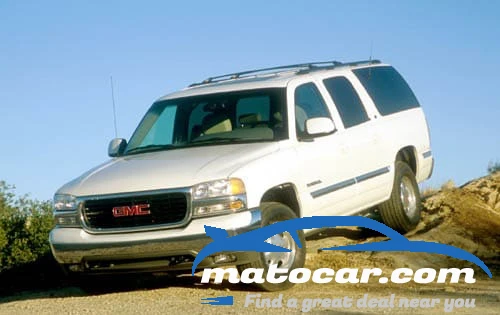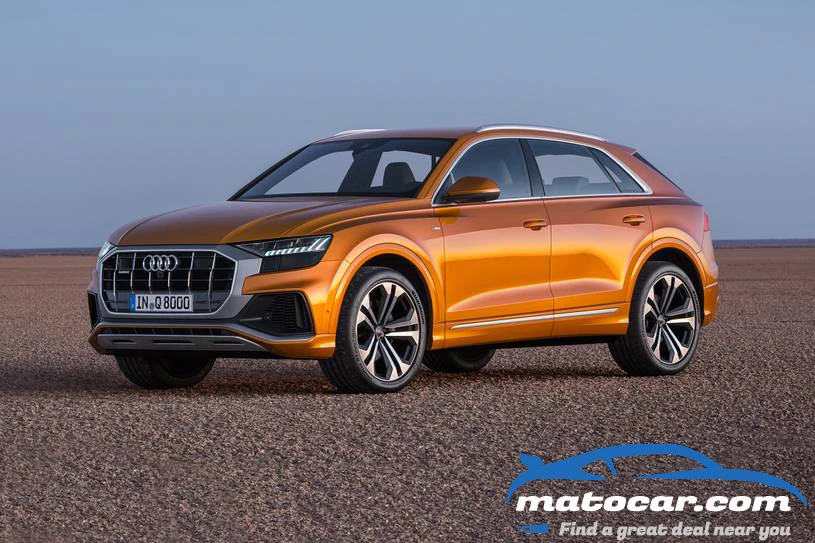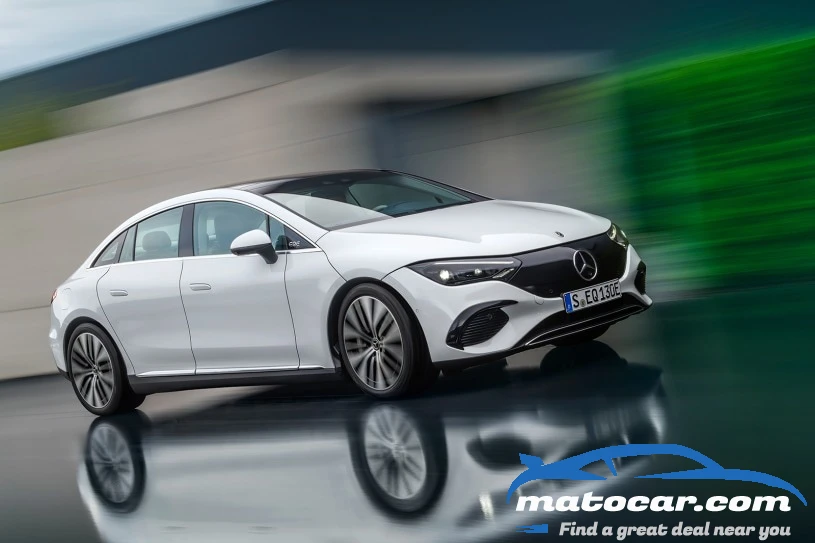Hyundai Santa Fe 2002 Review Prices , and Pictures
10.0/10
Based on 1 reviewsMSRP range: $1,028 - $2,081
- Relatively inexpensive price, super warranty, roomy interior.
- Unimpressive four-wheeling capability, underwhelming powertrain performance.
An impressive combatant in the mini-SUV realm with more cabin room than competing models. Now, if we can only overlook its exuberantly, uh, different, sheetmetal.
Vehicle overview
Hyundai is treading the water of the teeming SUV pool with the Santa Fe, a sport-ute based on the midsize Sonata platform. According to Hyundai, the Santa Fe combines car-like drivability, steering, ride, handling and braking with a truck-like seating height and profile. An optional full-time four-wheel-drive system can be thrown in to sweeten the deal. What more could the average American consumer want, right?
Hyundai's ute offers either front-wheel-drive or four-wheel-drive configuration, in one of three trim levels. The base Santa Fe comes with front-wheel drive and a four-cylinder engine; all others come with a V6. That means you're not likely to find anything but V6 models on the dealer's lot, with either GLS or LX trim. On the plus side, both of these trim levels give you the choice of front-wheel drive (2WD) or all-wheel drive.
That standard 2.4-liter inline four makes 138 horsepower and is mated to a five-speed manual transmission or a four-speed automatic with manual shift mode. Most buyers will be better served by the 173-horsepower 2.7-liter V6 that powers the GLS and LX; the four-speed automatic is standard. With roughly 3,500 pounds to tug around, however, neither engine could be called sprightly.
The Santa Fe comes with MacPherson struts up front and a double-wishbone suspension at the rear to ensure a car-like ride. Rack-and-pinion power steering provides sharp response. Sized roughly equal to a Lexus RX 300, the Santa Fe is likely to be cross-shopped against smaller models like the Ford Escape, Honda CR-V and Toyota RAV4.
Beyond beefy sport-ute cues like big wheels and aggressive front styling, the Santa Fe is designed to resemble the pre-2003 Tiburon Coupe and the Sonata Sedan. You decide if this was a wise move. The rounded body-side contours, according to Hyundai, recall a desert landscape, thus setting the Hyundai apart from other more angular SUVs. We can tell you that with a scant 7.4 inches of maximum ground clearance, you'd better stick to well-traveled fire roads when venturing off pavement.
Inside, the Santa Fe offers safety features like second-generation depowered front airbags and seatbelt pre-tensioners. Other standard features include alloy wheels, ABS, four-wheel disc brakes, power windows, dark-tinted glass, a CD player and a 60/40 split-folding rear seat. The driver seat has adjustable height and lumbar support for long-trek comfort, and the Santa Fe boasts 29 cubes of cargo capacity with the rear seat in use.
Midlevel GLS models gain a limited-slip differential, oversized foglights, power door locks, cruise control, a first-aid kit and remote keyless entry to the standard equipment list. The highline LX adds leather seating, antilock brakes and traction control. ABS is optional for base and GLS models, though the small number of base model buyers may be disappointed to find that they have to spring for a $990 package to get it. The GLS is a better deal in this regard, since you can get ABS and traction control for $595. In response to buyer suggestions, Hyundai has added a power sunroof to the options list for the GLS and LX -- this midyear change will take effect in May 2002.
Also this spring, all models will get a number of upgrades, including larger air conditioning vents; a center stack-mounted clock (relocated from the overhead console); illumination for the power window buttons and glovebox; chrome interior accents; ISOFIX child seat anchors for the outboard rear seating positions; an improved rear seat recliner and folding mechanism and gas-charged hood struts (that eliminate the need for a prop rod when you're checking the oil).
Naturally, the Santa Fe is backed by Hyundai's excellent 10-year/100,000 limited powertrain and 5-year/60,000-mile limited bumper-to-bumper warranties. Along with a 5-year roadside assistance program, the comprehensive coverage should reassure once-bitten-twice-shy consumers that the Santa Fe will hold up over time.
Santa Fe is a big step for Hyundai and should prove popular with budget-minded SUV buyers more interested in a roomy cargo hold and sure footing during a snowstorm than running their own version of the Baja 1000.
2002 Highlights
Entering its second year of production, the Santa Fe gets four-wheel disc brakes as standard equipment as well as an optional upgraded stereo system. In May 2002, Hyundai responds to customer requests and makes a power sunroof optional for GLS and LX models. Besides that, all models benefit from midyear interior upgrades, among these larger air conditioning vents; a center stack-mounted clock; illumination for the power window buttons and glovebox; chrome accents; ISOFIX child-seat anchors for the outboard rear seating positions and an improved rear-seat recliner and folding mechanism. In September 2002, Hyundai announced that it had misstated the horsepower ratings for all of the models in its lineup -- the Santa Fe's 2.4-liter four-cylinder is now rated for 138 hp and its V6 is now at 173 hp. To compensate, the company is offering Hyundai owners (of 2000 models and newer) three options: 10 years of roadside assistance, 6-year/72,000-mile basic warranty coverage or 12-year/120,000-mile powertrain coverage.Rate the car
You may also like
0 Comments


